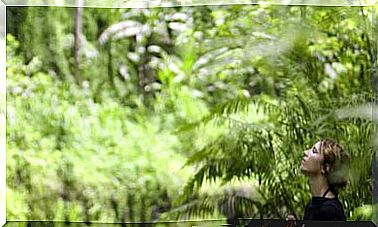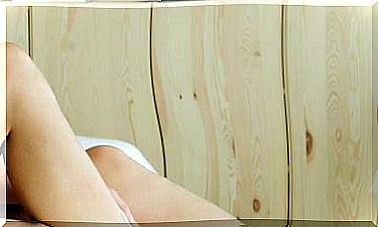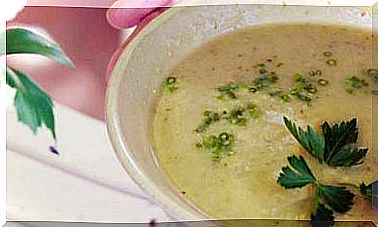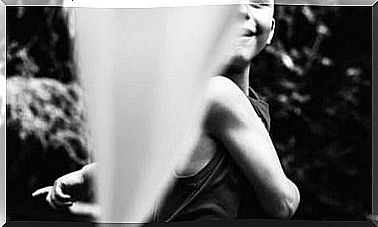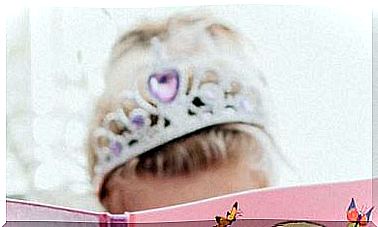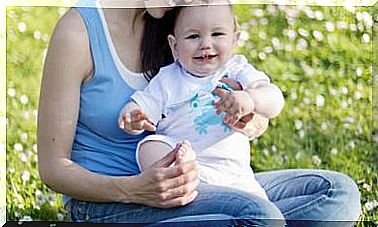Mindful Parenting: How Can I Be A Better Mother Or Father?
“Slow parenting” or conscious parenting is a growing trend among mothers and fathers who want to strengthen the bond with their children and live with more love.
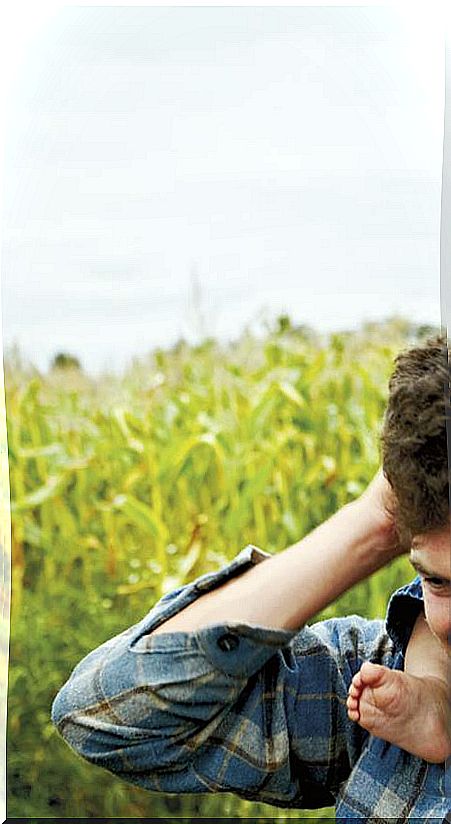
“What have I done to improve as a parent?” Perhaps this is a good reflection to understand what moves mothers and fathers who try to practice what we call “conscious parenting” or “slow parenting”, a concept coined by the Canadian nurse Jean Alice Rowcliffe.
Conscious parenthood is part of the “slow” movement, which warns of the dangers of an increasingly hostile and dizzying social and cultural context, doomed to the ephemeral, to excess and superficiality, to the results of above the processes.
Faced with this trend, the “slow” movement promotes a review of our practices and our way of approaching life.
How to adjust our care to what children need
The care and upbringing of our little ones can also be better adjusted to what they need, slowing down our pace and increasing presence. Becoming aware of the enormous –and wonderful– responsibility that this entails will make us take the path towards a more natural, respectful, responsible, critical, positive and, why not, revolutionary!
The psychoanalyst John Bowlby discovered to us half a century ago that the bond and attachment between children and their parents had an immeasurable weight in the psychological development of the little ones.
The author thus succeeded in placing, for the first time, a special emphasis on the “relational” and “caring” component between parents and children in the formation of emotions and personality.
Natural breeding, respectful, with attachment
Hence the importance of reflecting on the quality of our work as parents. Conscious parenting is framed in what we call natural, or respectful, or attachment parenting (or other surnames), and which raises as a banner the recovery of maternal and paternal instincts.
The slow has to do with the need to value and take advantage of every moment we spend with our children, and also with the need to reconsider certain attitudes linked to a social and global context of alarming dehumanization.
Regarding education, it is committed to an active and free pedagogical model that provides children with greater decision-making capacity, responsibility and critical attitude in their learning process, while better adjusting to the personality and individual maturational development .
Relaxed and safe environment
The pedagogue Rebeca Wild argued that children need a “relaxed” environment, without haste or useless pressure, to guarantee discovery and learning, and it is up to parents and educators to guarantee this.
Freedom and limits are complementary concepts. Children should enjoy great freedom of movement, action and thought, but within a framework of safety and respect, of loving and firm limits.
Being a conscious father or mother invites us to recognize and check our own foundations, our own history as children, our potentialities and our weaknesses. It is a commitment to feeling, to the enriching personal transformation that can be experienced by being a mother or father.
Decalogue of conscious parenting
The ideas in this decalogue are based on the book The Slow Parenting Movement , by JA Rowcliffe.
- Let’s use technology less, especially in contact with our children. Let’s discover together with them what nature can offer us and what we can learn from it.
- Let’s avoid being the “friend of our children.” Let’s be their parents, above all else. Let’s reflect and adjust our maternal / paternal role.
- Let us observe and enjoy the growth and development of our children. Every detail of that process is revealing and wonderful.
- Let us be the first and main teachers of our children. Let us never forget that our words, but especially our actions, have an immense pedagogical influence on the little ones.
- Let us respect that the game is the work and mission of our children. Through play and spontaneous activity the child learns how much he needs.
- We have given life to our children, but we do not become their lives. Let us not try to control everything that happens to them, nor let us avoid experiencing the frustrations that are part of life.
- Let’s reflect on the close link between freedom and limits. They seem like antagonistic concepts but, in reality, one is not possible without the other.
- Let’s set a slower, calmer, more patient, closer, more understanding accompaniment for our children . In short, more aware.
- Let us understand and respect that, as a family nucleus, we are part of a close “tribe” and of a society.
- Let’s try to lead a placid life with our children .

